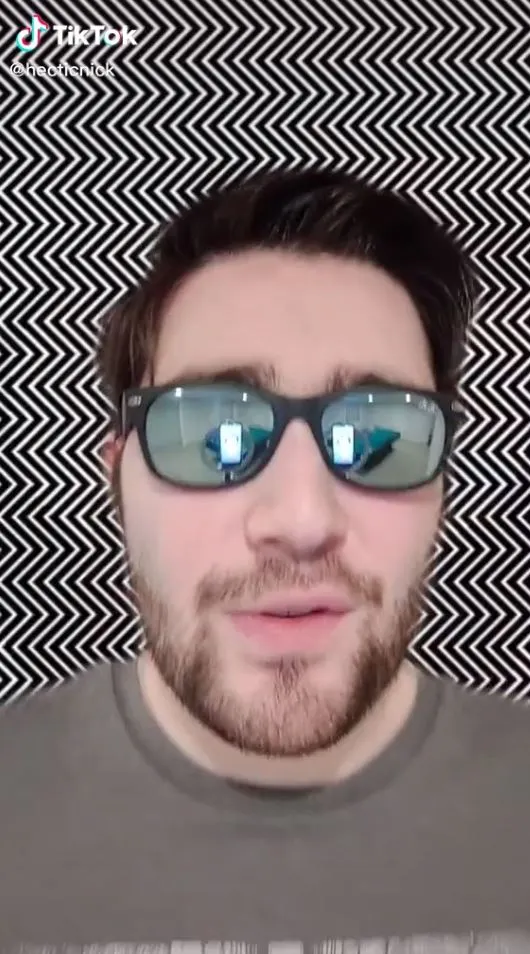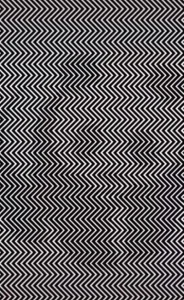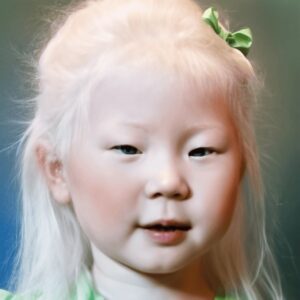The internet is going wild over a picture of a hidden animal – apparently, only one in 100 people can spot it.
TikTok star Hectic Nick challenges his followers with brain teasers and mind-bending images.
With one of his most popular visual puzzles, he asked fans to spot the hidden animal within a viral picture.
He wrote a tempting caption alongside the optical illusion: “You can only like this video if you can find the hidden image in the picture.”
Then added: “Apparently only one percent of people can find it – if they can, comment because I can see nothing.
“Good luck.”

People have eagerly taken on the challenge, with many attempting to locate the elusive panda.
“I can’t see it lol,” one person writes.
A second says: “I really couldn’t see it at first.”
“I had to turn my phone upside down,” shares another.
A fourth viewer comments: “I made my eyes blurry.”
Meanwhile, others said the challenge is far too easy, with one TikToker writing: “Panda – shake the screen.”
“It’s very easy to see what it is. I saw it immediately,” boasts another.
A third person pens: “This challenge was a lot easier than I thought.”
“Panda. It’s visible. I’m in that exclusive one percent. Yessssss,” someone else says.

Those who found the puzzle easy have shared their advice for others who found it a little more challenging.
One viewer points out: “I saw a panda, you can only see it if you move the picture away from you.”
Another suggests: “Instead of looking away, just cross your eyes to look at your nose. Then look at the screen and you’ll see the panda first for one second.”
“I saw a panda because I tilted my device,” shares somebody else.
There’s a reason why some people have found this challenge more difficult than others.

In an interview with News.com.au, Associate Professor Paul E Dux, from the School of Psychology at the University of Queensland, explained: “Some have better ‘spatial attention’ than others.”
Visual-spatial attention is a form of spatial attention that involves directing attention to an area in space.
“The other reason is that people sometimes just get lucky, and the eyes fall on the target immediately,” Professor Dux adds.
Professor Barton Anderson, from the University of Sydney, tells New.com.au that if people struggle to spot the panda, they need to ‘view the image from a distance, or to blur their eyes by squinting.’
Visual puzzles are constantly trending on social media.
People were recently mystified by a photograph of a cleverly hidden snow leopard, and then there’s the photo of a wedding ring concealed within a pile of pebbles that left some baffled.




